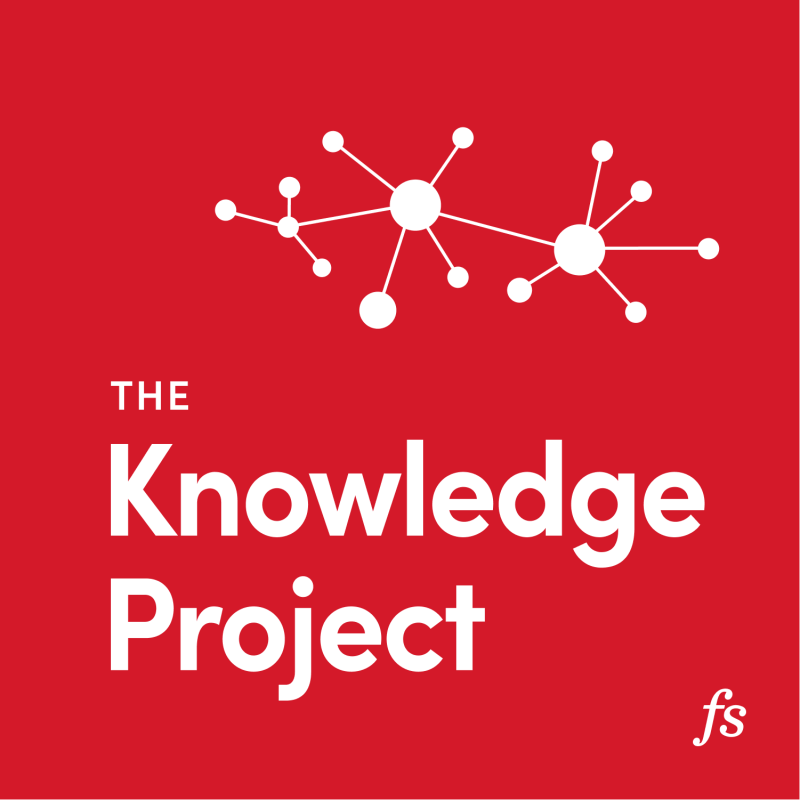My guest today is Artificial intelligence researcher and author Kenneth Stanley who reveals why creating ambitious objectives ruins our ability to achieve them.
In this episode, we discuss how to set the right objectives for your life, why we’re too tied to accomplishments, what role accountability plays in our perpetuating a flawed education system, the value of peer review, why transformative innovations are always counterintuitive, and so much more.
Listen and Learn: YouTube | Apple Podcasts | Spotify | Transcript
Stanley is the co–author of Why Greatness Cannot Be Planned: The Myth of the Objective, as well as the former Head of Core AI Research at Uber AI and the Open-Endedness Team Leader at OpenAI. He has also served as the Charles Millican Professor in Computer Science at the University of Central Florida.
Some highlights from our conversation:
But the thing is that obviously we’re going to have some risk and we’re going to have some things that don’t work out and we need to tolerate that. And that’s because that’s what allows stepping stone to proliferate.
“You can set modest objectives, but you have to remember though that a lot of our society runs on ambitious ones.”
“One of the things that we do when we set an ambitious objective conventionally is that we would also set some metrics up to measure progress towards that objective. And that’s where I think things really get tripped up is these metrics or assessments and we love assessments in our culture. … the problem is that a lot of the time, even if your score on a metric is going up in the short run, it doesn’t mean it will get all the way to the point that you want it to get.”
“If we live in a culture where you’re basically under the gun all the time, so people are basically, your boss is looking at you and saying, “If you don’t walk the narrow line that we consider to be the accountable line, you’re in trouble, big trouble.” You could lose your job or something, or you could lose funding, then the peer review system will also suffer from that culture and people will be trying to patrol the culture to make sure that it’s being adhered to.”
“If you think about it from a computer science perspective as opposed to a biology perspective, what evolution is, it’s a very unique thing in the sense that it’s kind of a search or a learning algorithm that discovers everything that was ever created in nature in a single run.”
“Actually the subjective judgments are the interesting ones because the objective judgments are easy. You don’t need a degree to just measure something.”
“That’s one of the points here I think is that look, you might assessment and accountability and objectives and metrics because they make you feel better, because it feels like we’re making sure that nothing bad will happen. But you have to recognize it’s just a security blanket. It doesn’t work.“
Timestamps
00:00 – Intro
00:48 – The problem with objectives
08:03 – On the education system
25:49 – Why we’re scared to be subjective
30:35 – On success, failure, and nature’s role
41:30 – Practical applications for not having objectives
46:34 – Stanley’s 2 principles for decision making

